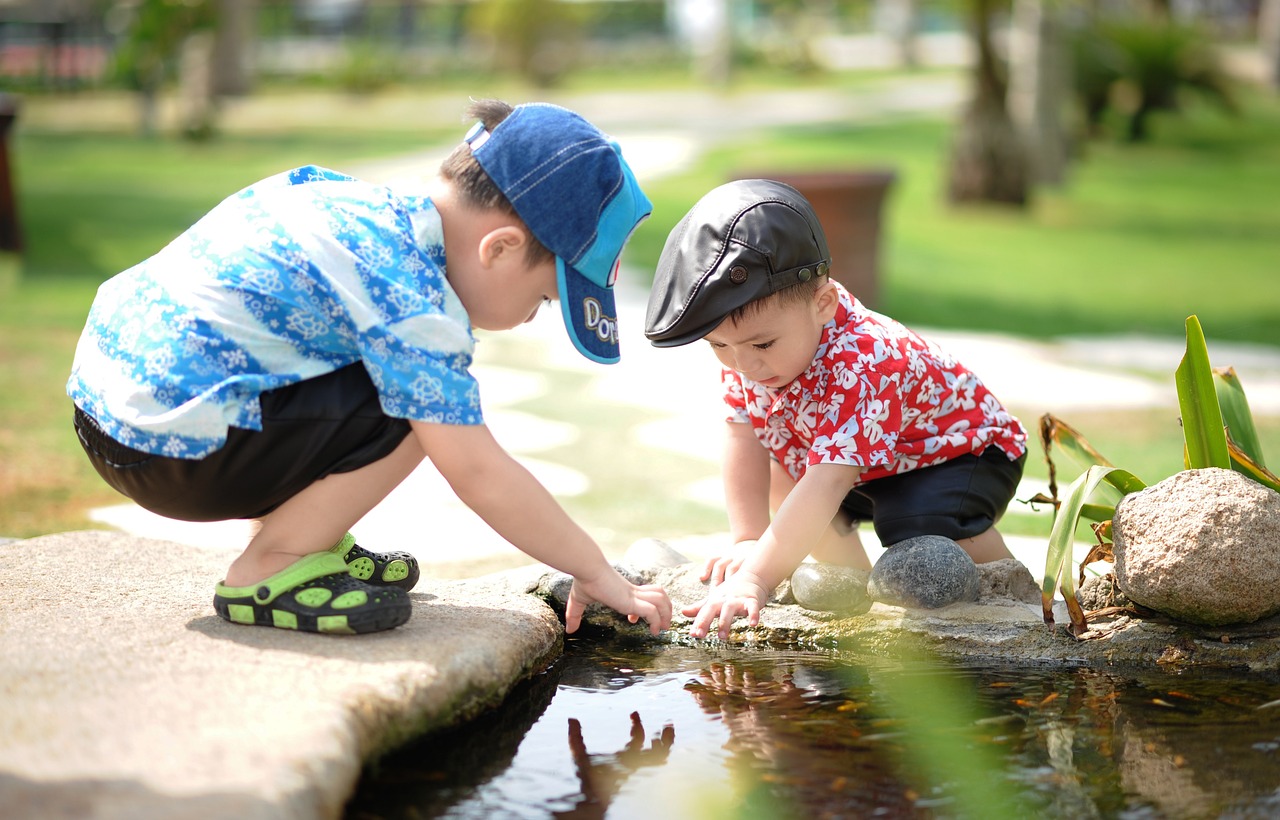Education holds a paramount position in Islam, shaping the minds and characters of future generations. Islamic teachings emphasize the importance of nurturing children through both religious and worldly knowledge. This article explores the principles of children’s education in Islam, offering insights for parents and educators alike.
The Importance of Education in Islam
In Islam, seeking knowledge is considered a sacred duty. The Prophet Muhammad (peace be upon him) said, “Seeking knowledge is an obligation upon every Muslim.” This includes not only religious education but also learning skills that benefit society.
Principles of Islamic Education
- Holistic Development: Islamic education aims to develop the whole child—spiritually, intellectually, and emotionally. The goal is to cultivate a well-rounded individual who embodies moral values and social responsibility.
- Balanced Curriculum: A good Islamic education incorporates both religious studies (such as Qur’an and Hadith) and secular subjects (like science and mathematics). This balance ensures that children understand their faith while also engaging with the modern world.
- Moral and Ethical Foundation: Instilling ethical values is crucial. Children are taught honesty, kindness, respect, and responsibility, which form the basis of a strong moral character.
- Encouragement of Critical Thinking: Islam encourages questioning and reasoning. Educators are advised to foster critical thinking skills, allowing children to explore concepts and develop their understanding.
Role of Parents in Education
In Islam, parents play a crucial role in their children’s education. The Prophet Muhammad emphasized the importance of teaching children from a young age. Parents are encouraged to:
- Be Role Models: Children learn by observing their parents. Demonstrating good behavior and ethical conduct is essential.
- Create a Learning Environment: A supportive atmosphere, filled with books and educational resources, encourages curiosity and learning.
- Engage in Dialogue: Open communication about faith, values, and life lessons helps children understand and internalize their beliefs.
Community Involvement
Islamic education extends beyond the home. The community plays a significant role in a child’s development. Mosques and community centers often provide educational programs, fostering a sense of belonging and shared learning.
Challenges in Modern Education
While Islamic principles are clear, challenges arise in modern education. The integration of secular knowledge can sometimes conflict with religious teachings. Educators must navigate these complexities, ensuring that children receive a comprehensive education without compromising their faith.
Education in Islam is a multifaceted journey that encompasses spiritual growth, moral development, and intellectual advancement. By fostering a supportive environment at home and in the community, we can guide children to become knowledgeable, ethical, and responsible individuals. Embracing these principles ensures that future generations are well-prepared to contribute positively to society while remaining steadfast in their faith.

I appreciate you taking the time to write and share this insightful piece. It was clear and concise, and I found the data to be really useful. Your time and energy spent on this article’s research and writing are much appreciated. Anyone interested in this topic would surely benefit from this resource.
thank you